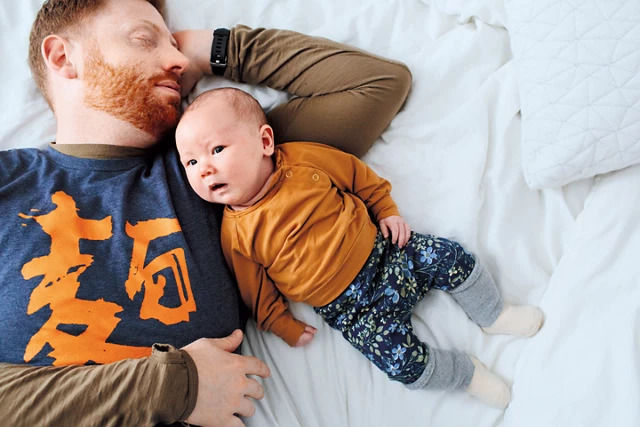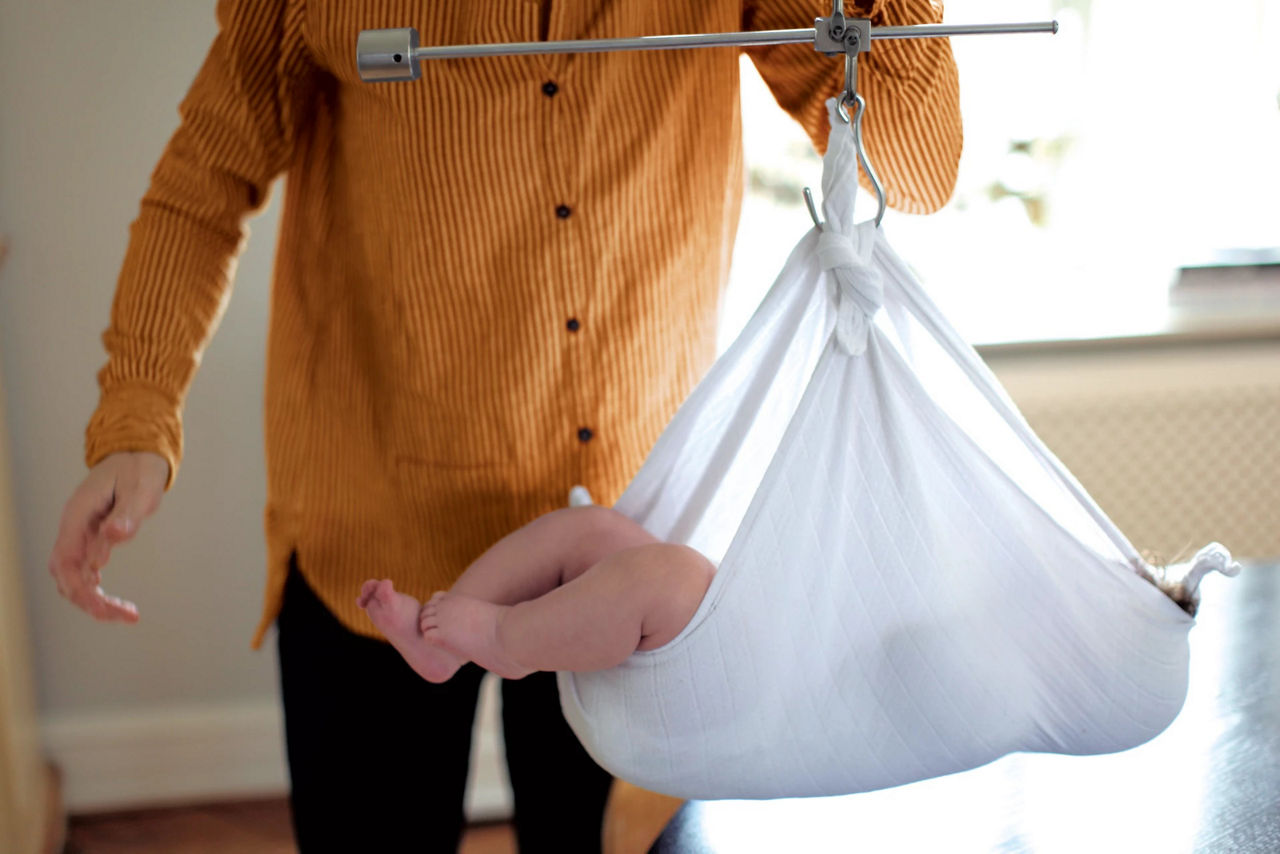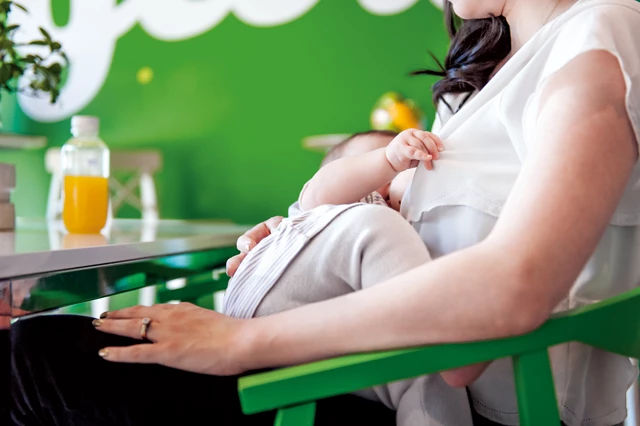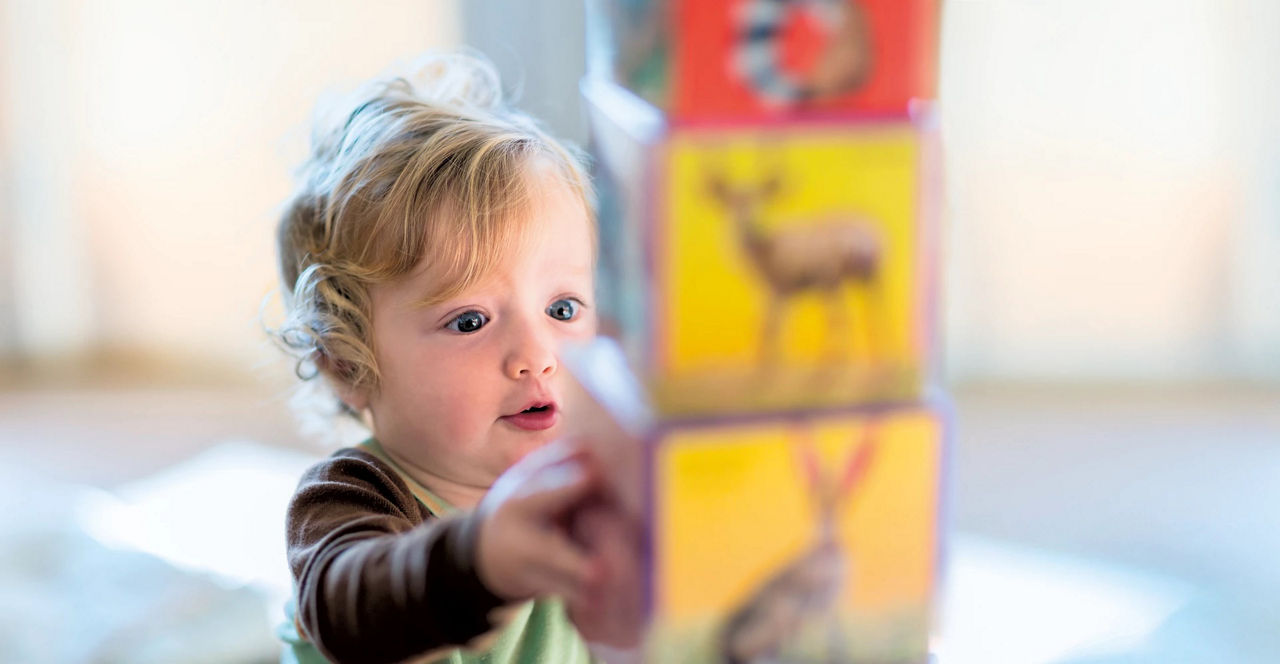Free weaning plan - Register here
Baby stools and their differences
Let's talk about baby poo!
Baby poo. Once you become a parent, it’s hard to remember a time when your baby’s toilet habits weren’t such an important topic of conversation. But the fact of the matter is, you’ll find yourself talking about poo. A lot.
With an average of 1820 nappy changes in your baby’s first year, you’re going to become very familiar with your baby’s pooing habits. And that’s a good thing, because you’ll be able to notice if there’s anything unusual.
Deja-poo - what to expect
Baby poo raises a lot of questions, such as how often should babies poo? What are the different types of poos? And why is my baby’s poo green?
All babies are different, so what’s ‘normal’ for your baby isn’t necessarily the same for another baby.
Let’s take a look at what to expect when it comes to the colour, frequency and volume of that all important baby poo. Take a look at our handy baby poo chart to get started!
Baby poo - it’s got your baby’s back!
The poonami isn’t the stuff of legend - the struggle is real! That moment when you realise that your baby’s poo has escaped their nappy and can now be found all the way up their back.
The best way to avoid this happening is to ensure that your baby’s nappies fit well around their bum and legs, and are the correct size.
When your baby does a poo for the first time, it will have a sticky, tar-like consistency. Be warned, this can be very stubborn to remove from baby clothes, not to mention your actual baby!
As your tiny tot grows, the consistency of their poo will change. Breastfed baby poo can be quite runny, and might have what looks like seeds in it - this is completely normal. Formula fed baby poo on the other hand, is likely to be firmer or more paste-like.
Baby poo when weaning. Change is ahead!
Once your baby starts to enjoy their first tastes of solid food, their poo may become more solid in texture.
If you’ve noticed a change to your baby’s pooing habits, and you’ve recently switched from breast to formula feeding, then chances are your baby’s poo will be different in terms of texture, smell and appearance. This is completely normal.
So just how often should your baby poo?
Some babies poo at every feed and other babies poo once a day. Some babies may poo every day, others may only poo every few days. You’ll soon notice a pattern for your baby.
The important thing to remember here is that all babies are different. So what’s normal for one baby may not be the same for yours. Ultimately, if your baby is gaining weight, not in distress and feeding well, there’s usually no cause for concern. Another consideration is their diet, as the frequency of baby poo when weaning might be different to how often breast and formula fed babies do a poo.
There’s no getting away from it, your baby’s going to create a stink! Particularly if they’re formula fed, as this tends to result in stronger smelling poos. Breastfed baby poo doesn’t really have a strong aroma, beyond smelling a little sweet.
Once your baby embarks on their weaning journey, the variety of foods will change the way their poo smells (spoiler alert: it’s more than likely going to be much stronger!).
If you notice that your baby is producing consistently foul smelling poos, it’s always best to have a chat with your GP or public health nurse to check that everything’s OK and put your mind at ease.
Baby poo chart: picture perfect poo!
Our baby poo colour chart is the perfect guide to baby poo - take a look!
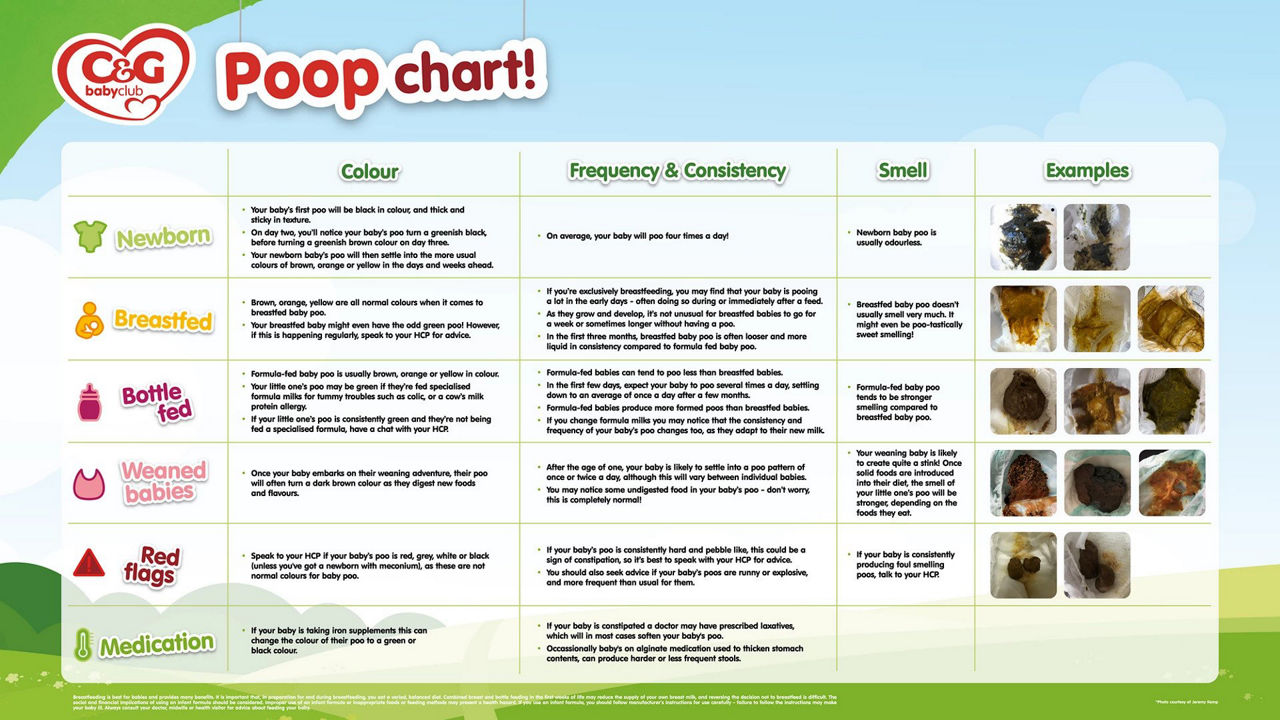
The bottom line
Baby poo is just one of those things you get used to dealing with when it comes to being a parent. But whether it’s understanding your baby’s first poo, or guiding them through the potty training process, remember that you know your baby better than anyone. Just take things one day at a time and follow your baby’s lead.
If you’ve got any questions, or want to talk about what to expect when it comes to all things baby poo, our team of baby experts is available to offer reassurance and advice. We’re here whenever you need us, so just give us a call.

Join the C&G baby club today
- Weekly emails with tips and advice for your stage
- 1-to-1 support from our dedicated Careline team, 8.30am - 5.30pm Monday to Friday.

Join the C&G baby club today
- Weekly emails with tips and advice for your stage
- 1-to-1 support from our dedicated Careline team, 8.30am - 5.30pm Monday to Friday.
More from baby
Baby topics
Any more questions?
Our specialist baby advisors and experienced mums are here to talk and ready to help whenever you need them. You can call us or reach us on Live Chat 8.30am-5.30pm Monday-Friday.
Phone
Call 1800 570 570
FAQs
For all the latest information
Email Us
Send us an email
8.30 am - 5.30pm Monday-Friday
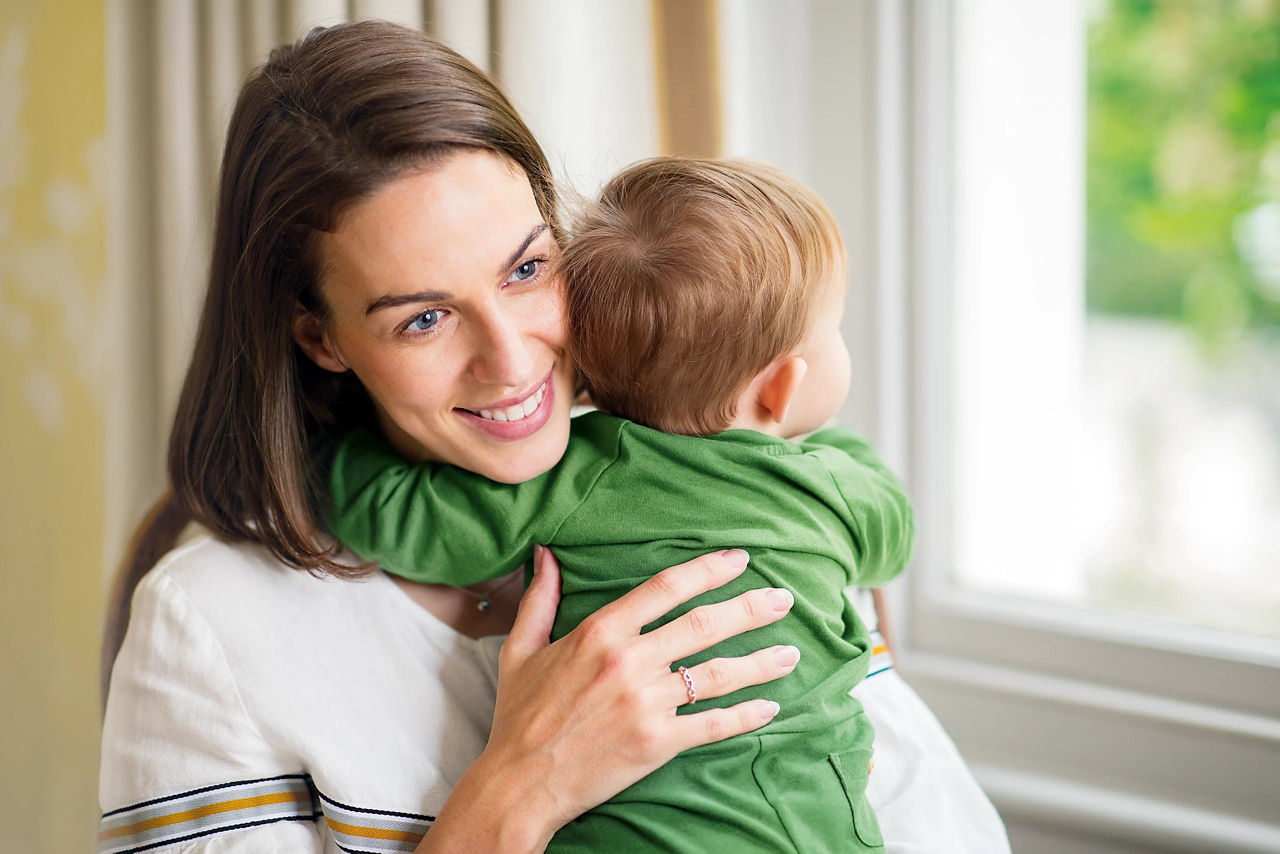
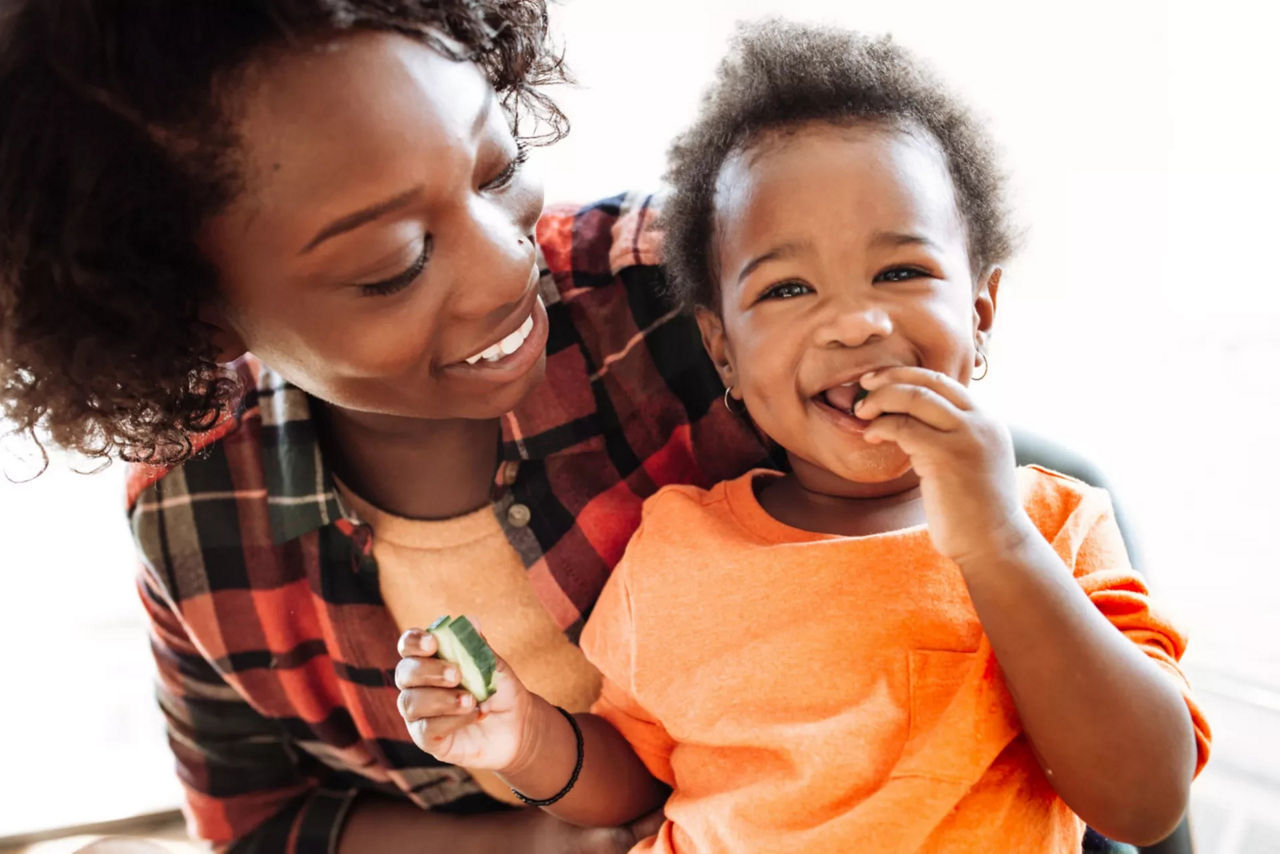
?ts=1701080533420&dpr=off)
